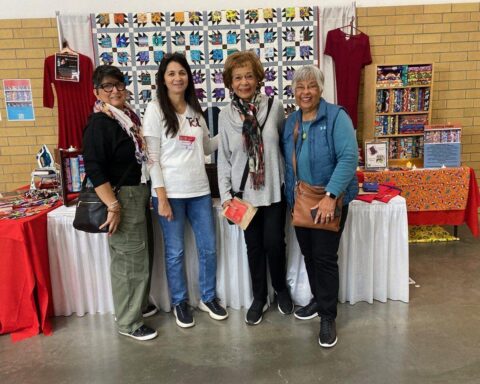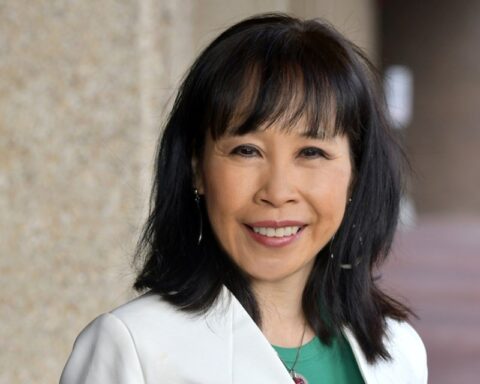On December 10, 2014, CASSA (Council of Agencies Serving South Asians) organized a conference titled ‘Brown Canada 2020 Summit’ at York University which also coincided with International Human Rights Day.
The summit commemorated the 100th anniversary of the Komagata Maru event of 1914 which saw Canada deny entry to 376 Indians aboard the Komagata Maru ship due to the discriminatory Asian Exclusion Act.
The purpose of the summit was to highlight the gains that South Asian Canadians have made since that event, but also to identify the many current challenges that these communities continue to face in the areas of education, employment, immigration, healthcare, and the criminal justice system. Participants also helped identify the outcomes they would like see for 2020.
Although the Komagata Maru incident has been acknowledged as a condemned racist stain upon Canadian history, the reality is that the same type of discrimination and exclusion towards South Asian and other racialized Canadians exists today.
During the summit, it was emphasized that the terms “South Asian” and “Brown” do not refer to a homogeneous identity and that in addition to being contested concepts, CASSA uses them in an inclusive manner that recognizes the rich ethnic, cultural and spiritual diversity of this community. The summit also considered the intersectionality of South Asian identities, and the layers of hierarchy that impact our understanding of these identities.
Many of the issues identified highlighted the need for South Asian communities to engage in political activism and lobbying in order to hold their elected representatives accountable in serving the needs of their diverse constituents.
Some of the main points that came out of these sessions were:
- It’s important to have people on school boards that reflect the community’s diverse populations and interests.
- Schools need to be true “community hubs” that bring social services to local communities, families and children.
- Many South Asian communities have expressed concern about school curriculums being Eurocentric. There is a need to incorporate and celebrate the histories of South Asian Canadians as well as their contributions to Canadian history. Public school enrollment also seems to be declining due to the appeal of private schools which meet the cultural and faith needs of different South Asian communities.
- There is a critical need for both students and teachers to see people that look like them in positions of power in order to foster equity and trust in the public school system. This requires examining structural and systemic barriers that prevent South Asian teachers from being hired, retained and promoted.
- Streaming of South Asian students into career paths that do not account for their potential is unacceptable.
- The lack of mental health supports for students is a serious concern.
- There are very real pressures that South Asian communities face in having to “assimilate” into dominant cultures in order to succeed at school, and in the workplace instead of developing their own unique identities and defining success on their own terms.
- People should collaborate with the labour movement in advocating for better jobs, wages, and career advancement as these issues intersect with many of the barriers South Asian communities face in the workplace. Additionally, unions need to see diversity as a business model otherwise they will not survive.
- Foreign-born and Canadian-born racialized youth are experiencing high rates of unemployment when compared with the Canadian average, and they have inadequate career guidance which affects their career prospects.
- Social safety nets are being eroded and the focus of equity champions should be on not losing ground but also on having a shared, collaborative vision for going forward.
Although the Komagata Maru incident has been acknowledged as a condemned racist stain upon Canadian history, the reality is that the same type of discrimination and exclusion towards South Asian and other racialized Canadians exists today. Examples of this include cuts to refugee healthcare, the introduction of highly problematic laws such as Bill S-7 or the “Zero Tolerance for BarbaricCultural Practices Act” which unjustly targets specific cultural and faith communities, and citizenship restrictions, among others.
A big takeaway of this summit was the importance of collaboration and building solidarity amongst different equity-seeking communities facing the same barriers, as there is powerful strength in unity.
Thamina Jaferi, B.A., J.D., is an Associate with Turner Consulting Group with expertise in human rights and workplace discrimination and harassment prevention. You can read Thamina’s original blog article here.





